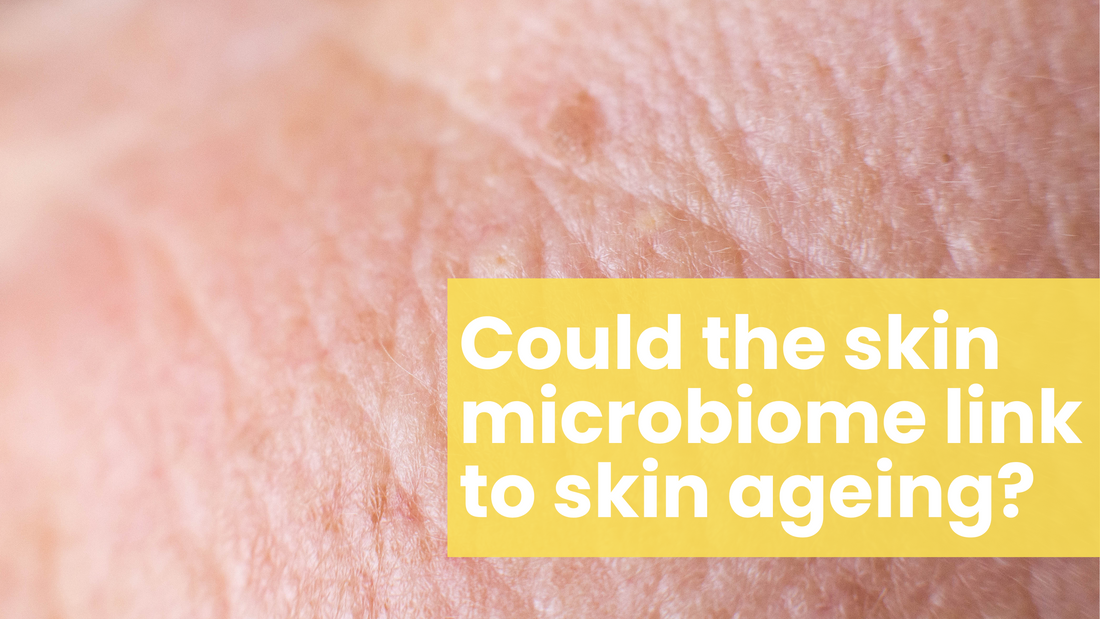A study by researchers at the Centre for Microbiome Innovation (CMI) at the University of California San Diego (UC San Diego) and L'Oréal Research and Innovation has revealed how the skin microbiome could be associated with wrinkles and skin health.
The findings published this month in Frontiers in Aging detail what is claimed to be the first study to isolate microbes associated specifically with signs of skin ageing and skin health, rather than chronological age.
In the quest for youthful, radiant skin, we often focus on external factors such as skincare routines and anti-aging products. However, emerging research is shedding light on an internal ally that plays a significant role in the aging process – the skin microbiome.
Understanding the Skin Microbiome: The skin microbiome is a diverse community of bacteria, viruses, fungi, and other microorganisms that inhabit the skin's surface. These microorganisms form a delicate ecosystem that contributes to the skin's overall health. The microbiome acts as a barrier against harmful invaders, helps maintain skin hydration, and plays a crucial role in modulating the immune system.
Balancing Act: A healthy skin microbiome is characterised by balance – a harmonious coexistence of different microorganisms. When this balance is disrupted, conditions like acne, eczema, and psoriasis may arise. Moreover, an imbalanced microbiome can contribute to premature aging by compromising the skin's ability to repair and regenerate.
Protection Against Environmental Stressors: The skin is constantly exposed to environmental stressors such as UV radiation, pollution, and harsh weather conditions. A robust and diverse microbiome acts as a natural shield, helping the skin defend against these stressors. As we age, maintaining this protective barrier becomes increasingly crucial in preventing premature aging.
Inflammation: Chronic inflammation is a common denominator in the aging process, and the skin is no exception. An imbalanced microbiome can trigger inflammation, leading to the breakdown of collagen and elastin – the proteins responsible for skin elasticity. Preserving a healthy microbiome may thus serve as a protective measure against inflammatory processes that accelerate aging.
Practical Steps for Supporting a Healthy Skin Microbiome:
-
Food Supplements & Probiotics/Prebiotics: Incorporating food supplements such as AxisBiotix-Ps creates a healthy balance in the gut and positively supports the gut-skin axis. Also eating probiotic-rich foods such as yogurt, kefir, sauerkraut, and fiber-rich fruits and vegetables can contribute to a flourishing skin microbiome.
-
Gentle Skincare Practices: Avoid harsh cleansers and overuse of antibacterial products, as these can disrupt the delicate balance of the skin microbiome. Opt for gentle, microbiome-friendly skincare routines that preserve the natural diversity of microorganisms.
-
Sun Protection: Shielding the skin from harmful UV rays is crucial for preventing damage to both the skin and its microbiome. Use an SPF daily and adopt protective measures against environmental stressors.
As we uncover the intricate connections within our body, the skin and gut microbiomes emerge as a key players in the complex orchestra of aging. By nurturing our skin through use of food supplements like AxisBiotix and using gentle and preventative skin practices, we may pave the way for a radiant and youthful complexion that transcends conventional skincare practices.
The journey to age gracefully may very well start from within!

